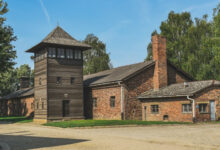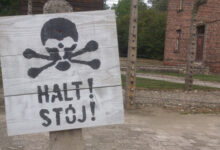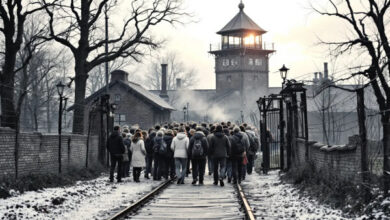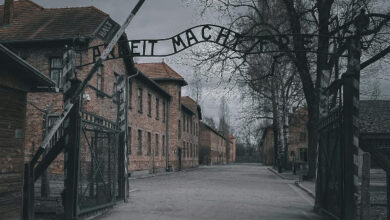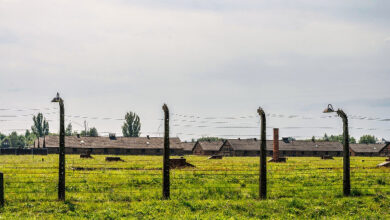Auschwitz and International Holocaust Remembrance Day
International Holocaust Remembrance Day: Honouring Victims and Survivors of the Holocaust
On 27 January each year, people around the world pause to remember the victims of the Holocaust. This date marks International Holocaust Remembrance Day, chosen to commemorate the liberation of Auschwitz-Birkenau by Soviet troops in 1945. The United Nations General Assembly officially established this day of remembrance in 2005 to honour the six million Jewish victims and countless others who suffered under Nazi persecution.

You may wonder why Auschwitz holds such significance. As the largest Nazi concentration and death camp, Auschwitz became a symbol of the Holocaust’s horrors. Over 1.1 million people were murdered there, mostly Jews. The camp’s liberation exposed the full scale of Nazi atrocities to the world.
International Holocaust Remembrance Day serves several important purposes. It provides a time for solemn reflection on this dark chapter of history. The day also aims to educate future generations about the dangers of hatred and prejudice.
By remembering the past, you can help prevent such tragedies from happening again.
Holocaust Remembrance and Education Efforts
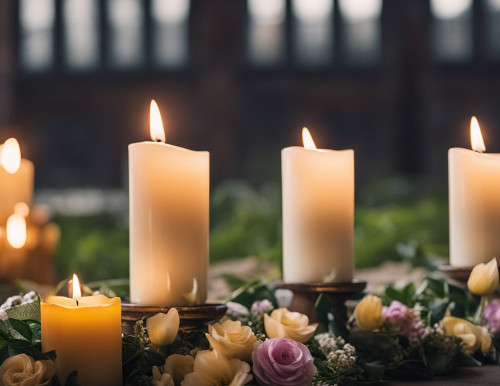 Efforts to remember the Holocaust and educate people about it are crucial. Many organisations work to keep the memory alive and teach important lessons from this dark period in history.
Efforts to remember the Holocaust and educate people about it are crucial. Many organisations work to keep the memory alive and teach important lessons from this dark period in history.
United Nations’ Role
The UN plays a key part in Holocaust remembrance. Every year on 27 January, it marks International Holocaust Remembrance Day. This date is when Auschwitz was liberated in 1945. The UN chooses yearly themes to guide education efforts. For 2023, the theme was “Home and Belonging“. This aimed to show the human side of victims and survivors.
The UN also runs programmes to teach about the Holocaust. These help people learn about the dangers of hate and prejudice. They stress the need to protect human rights and fight racism.
Holocaust Education and Museums
Museums are vital for Holocaust education. The U.S. Holocaust Memorial Museum in Washington, D.C. is a major centre for learning. It has many exhibits and programmes for visitors.
Yad Vashem in Israel is another key site. It’s both a museum and a research centre. It works to keep the memory of Holocaust victims alive.
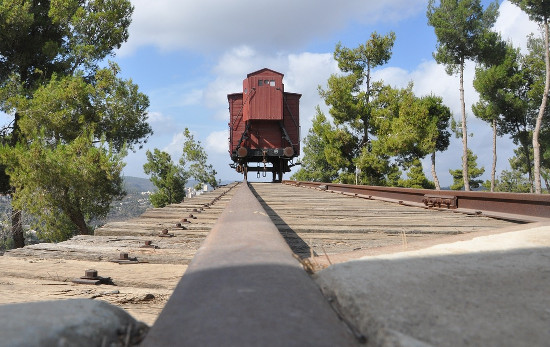
Many schools now teach about the Holocaust. They use books, films, and talks by survivors. The goal is to help students grasp what happened and why it matters today.
Holocaust Remembrance Day
Holocaust Remembrance Day is marked worldwide on 27 January. Many countries hold special events on this day. These often include:
- Talks by survivors
- Candle-lighting ceremonies
- Reading of victims’ names
- Moments of silence
Schools and community groups often take part. They may hold assemblies or put on plays. The day helps people reflect on the Holocaust’s lessons.
Governments use this day to renew their pledge to fight hate. They stress the need to stop genocide and protect human rights.
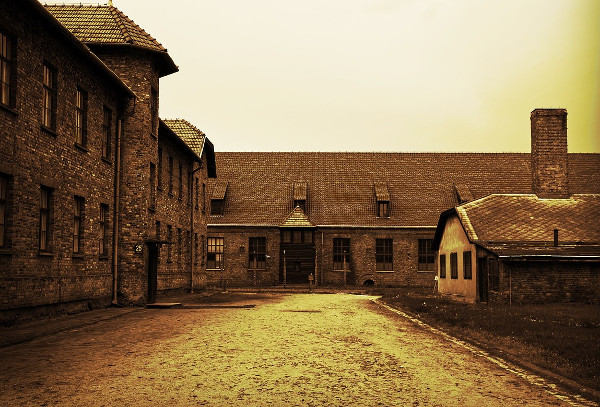
The Importance of Remembrance for Society
Remembrance helps keep history alive and teaches vital lessons. It shapes our values and guides us towards a more just future.
Combating Antisemitism and Racism
Remembering the Holocaust is crucial in fighting antisemitism and racism. When you learn about past atrocities, you become more aware of warning signs. This knowledge helps you spot and speak out against hate speech and discrimination.
Remembrance events bring people together. They create a space for dialogue about prejudice. You can join these gatherings to show solidarity with victims and survivors.
Education programmes based on Holocaust memory teach critical thinking. They help you question stereotypes and biases. By understanding how hate spreads, you’re better equipped to stop it.
Preserving Human Rights and Dignity
Holocaust remembrance reinforces the importance of human rights. It reminds you of the consequences when these rights are violated. The United Nations chose 27 January as International Holocaust Remembrance Day for this reason.
Memory of the Holocaust supports democratic values. It shows why protecting minority rights matters. You learn to value diversity and stand up for others’ dignity.
Remembrance also fights against Holocaust denial. It preserves survivors’ testimonies and historical evidence. This helps you defend truth and honour victims’ memories.
By remembering, you commit to “Never Again“. You become part of a global effort to prevent future genocides.
Preservation of Personal Histories and Experiences
Preserving the memories and experiences of Holocaust survivors is crucial for honouring victims and educating future generations. These efforts ensure that the atrocities are never forgotten and help combat denial.
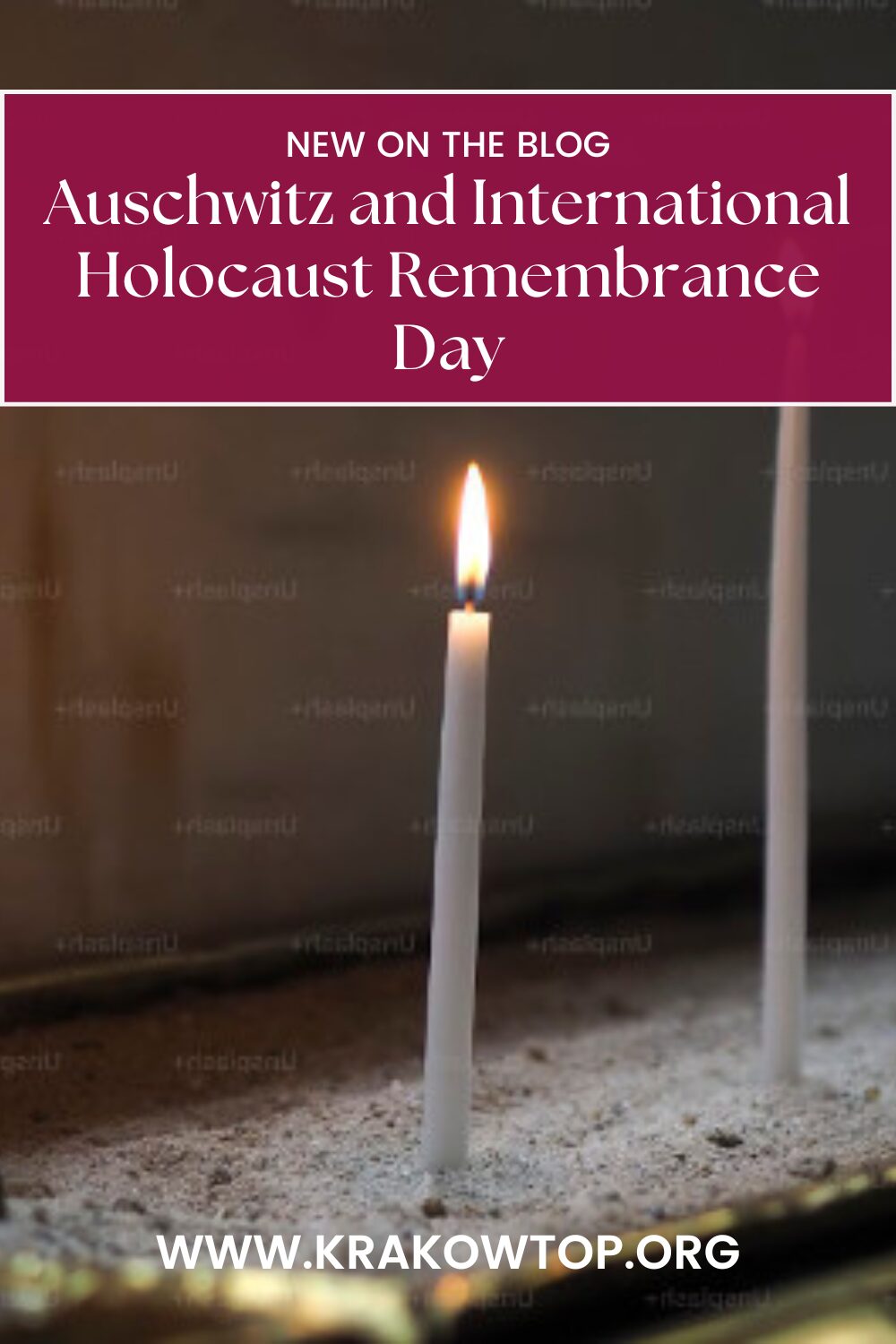
Survivors and Testimonies
You can access firsthand accounts from Holocaust survivors through various means. The United States Holocaust Memorial Museum offers “First Person” programmes where survivors share their stories in person.
These testimonies provide invaluable insights into the lived experiences of those who endured the Holocaust.
Online resources also make survivor stories accessible. You can read digital identification cards that chronicle the experiences of men, women, and children who lived in Europe during this dark period.
These personal histories cover a range of victims, including Jewish people, Roma, Sinti, and others targeted by the Nazi regime.
Pages of Testimony and Memorial Ceremonies
Yad Vashem, the World Holocaust Remembrance Centre, collects “Pages of Testimony” to document and memorialise victims. You can submit information about Holocaust victims you know, helping to preserve their memory for posterity.
Memorial ceremonies play a vital role in remembrance. On 27 January, International Holocaust Remembrance Day, you can participate in events worldwide. These ceremonies often include the recitation of Kaddish, the Jewish prayer for the dead.
Many memorials also hold regular events throughout the year. You might attend readings of victims’ names or join in lighting candles to honour those lost.
Discover More About Auschwitz:
- Best-Rated Guided Tours of Auschwitz
- Guide to Visiting Auschwitz
- Last Minute Auschwitz Tours
- Tickets to Auschwitz
- Visit Auschwitz Birkenau Camp – Book Online
- Was Treblinka Worse than Auschwitz?
- What Do I Need to Know Before Going to Auschwitz?
- Where is Best to Stay for Visiting Auschwitz?
- Why Auschwitz is a must-see?
Challenges and the Future of Holocaust Remembrance
As time passes, preserving Holocaust memory faces mounting obstacles. You must remain vigilant against threats to accurate historical understanding.
Denial and Distortion of Historical Facts
Holocaust denial and distortion pose serious challenges. Some groups attempt to minimise or outright deny the genocide. You may encounter claims that downplay victim numbers or dispute Nazi intentions. Online disinformation spreads these false narratives rapidly.
Experts work to combat denial through research and education. Museums and memorial sites play a key role in presenting factual evidence. Digital archives help preserve survivor testimonies for future generations.
You can help by learning to recognise denial tactics. Be wary of sources that trivialise Nazi atrocities or blame victims. Support efforts to maintain physical sites and artefacts as tangible proof.
Global Fight Against Hatred and Intolerance
Antisemitism and other forms of hate persist worldwide. You may see rising violence and harassment targeting Jewish communities. Cultural biases and stereotypes fuel discrimination.
Start Planning Your Krakow Trip Now!
- Unsure where to stay in Krakow? Discover top-rated Old Town and Kazimierz hotels with Booking.com.
- Book your airport transfer now and enjoy a hassle-free ride directly to your hotel. Driver will meet you at John Paul II International Airport Kraków–Balice.
- Take a Tour of Auschwitz. Arrange a visit to the Auschwitz-Birkenau Memorial and Museum to pay tribute and learn about this significant historical site.
⚠️ SUMMER BOOKING ALERT: Auschwitz tours are in high demand during the busy summer season. Secure your visit now to guarantee your preferred date and time slot. Last-minute availability cannot be guaranteed during this peak season. Due to increased visitor numbers in summer, it’s strongly recommended to book your tickets and tour to Auschwitz well in advance to secure your preferred dates and times! 🔖
- Explore the Fascinating Wieliczka Salt Mine! Book your guided tour today. These tours are very popular, so book early to avoid disappointment and ensure your spot.
- Looking for ideas? Check out our KrakowTOP.org recommended itineraries, including the famous Christmas Market, holiday events, and must-see Krakow attractions like Wawel Castle, Oskar Schindler’s Factory and St. Mary’s Basilica.
Education remains crucial in countering prejudice. Holocaust curricula in schools teach empathy and critical thinking. Interfaith dialogue builds cross-cultural understanding.
You can join the fight by speaking out against intolerance. Support anti-hate organisations in your area. Learn to identify and report antisemitic incidents. Educate others about the dangers of unchecked bigotry.
Global cooperation is key. International bodies work to coordinate remembrance efforts. You can advocate for your government to prioritise Holocaust education and combating antisemitism.
